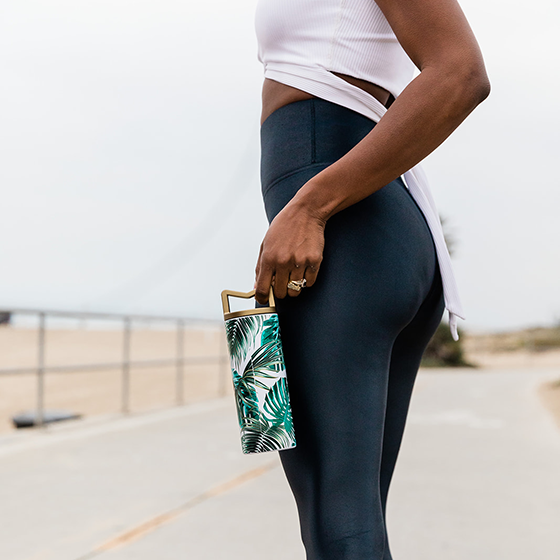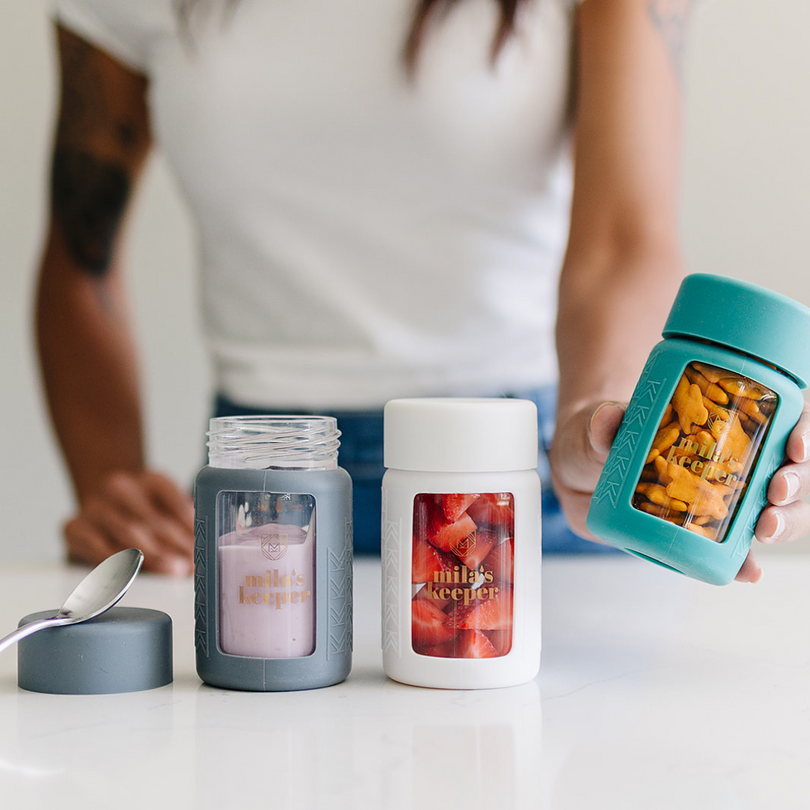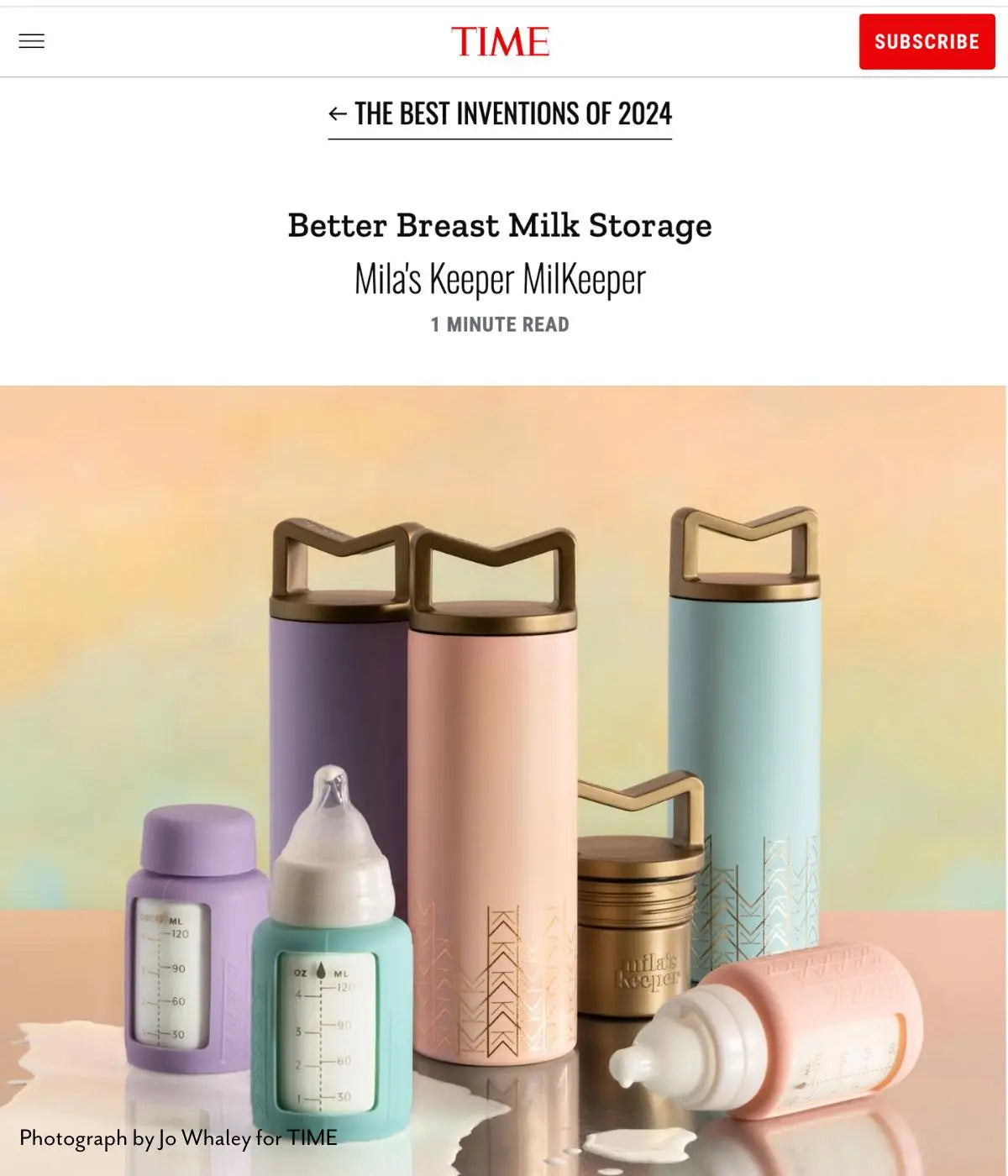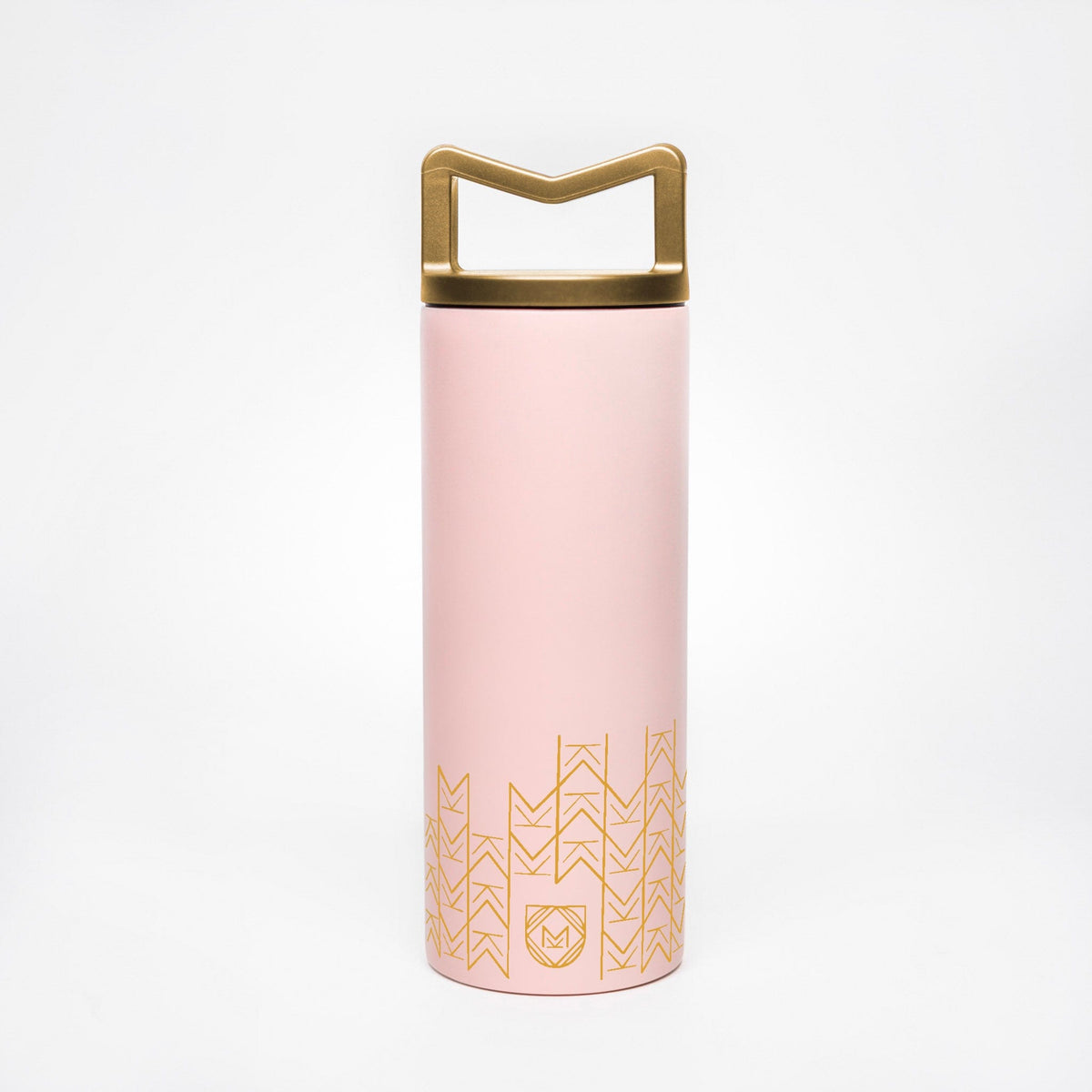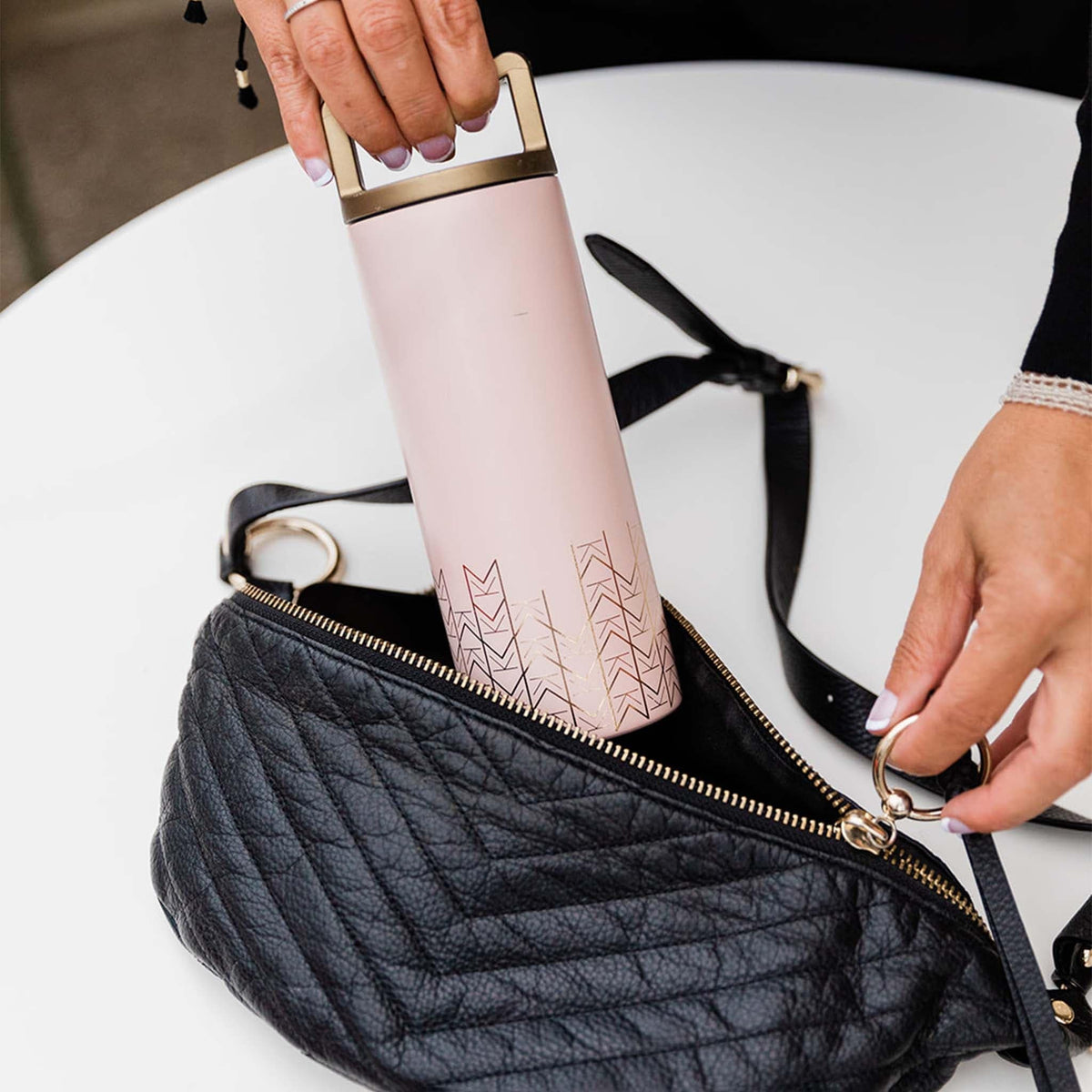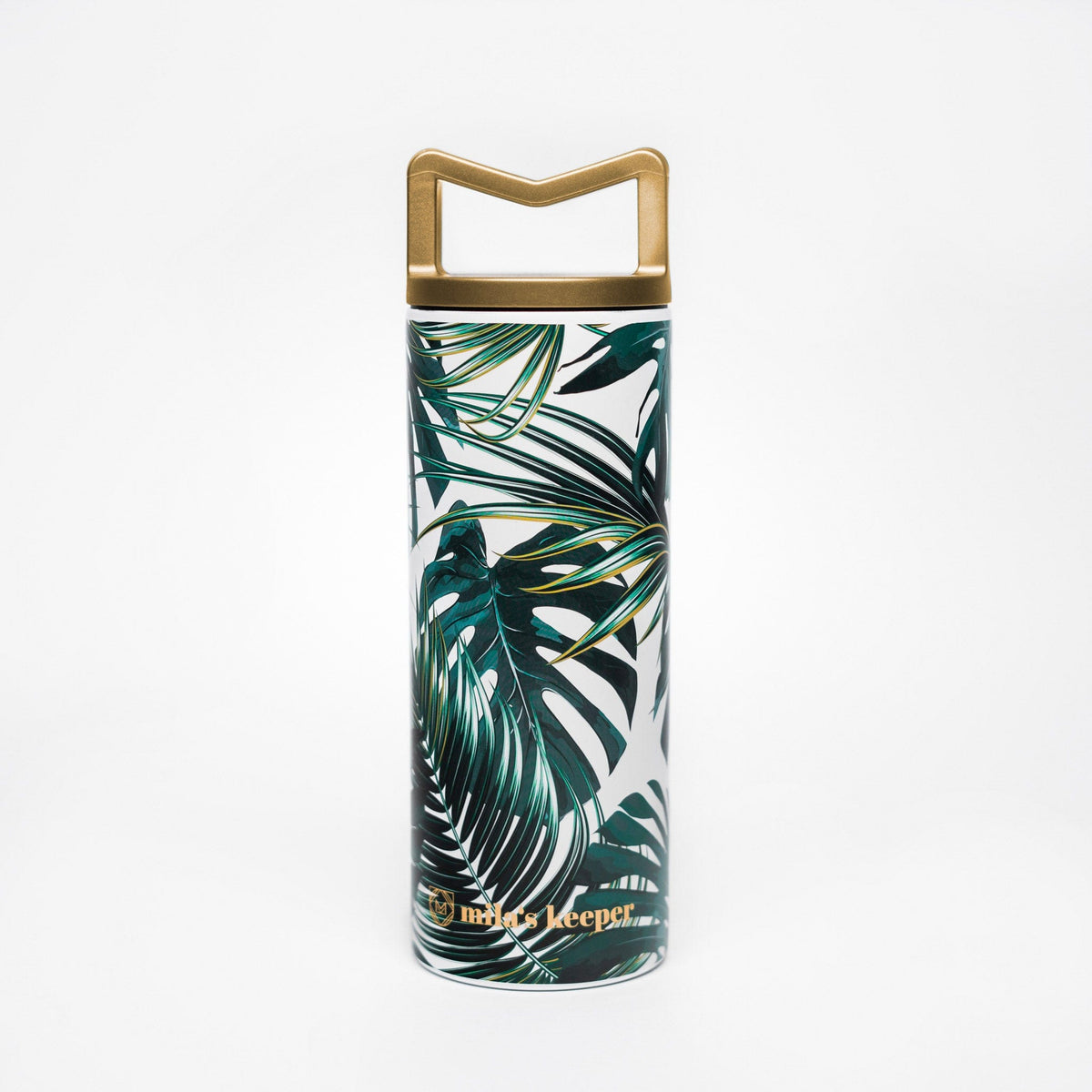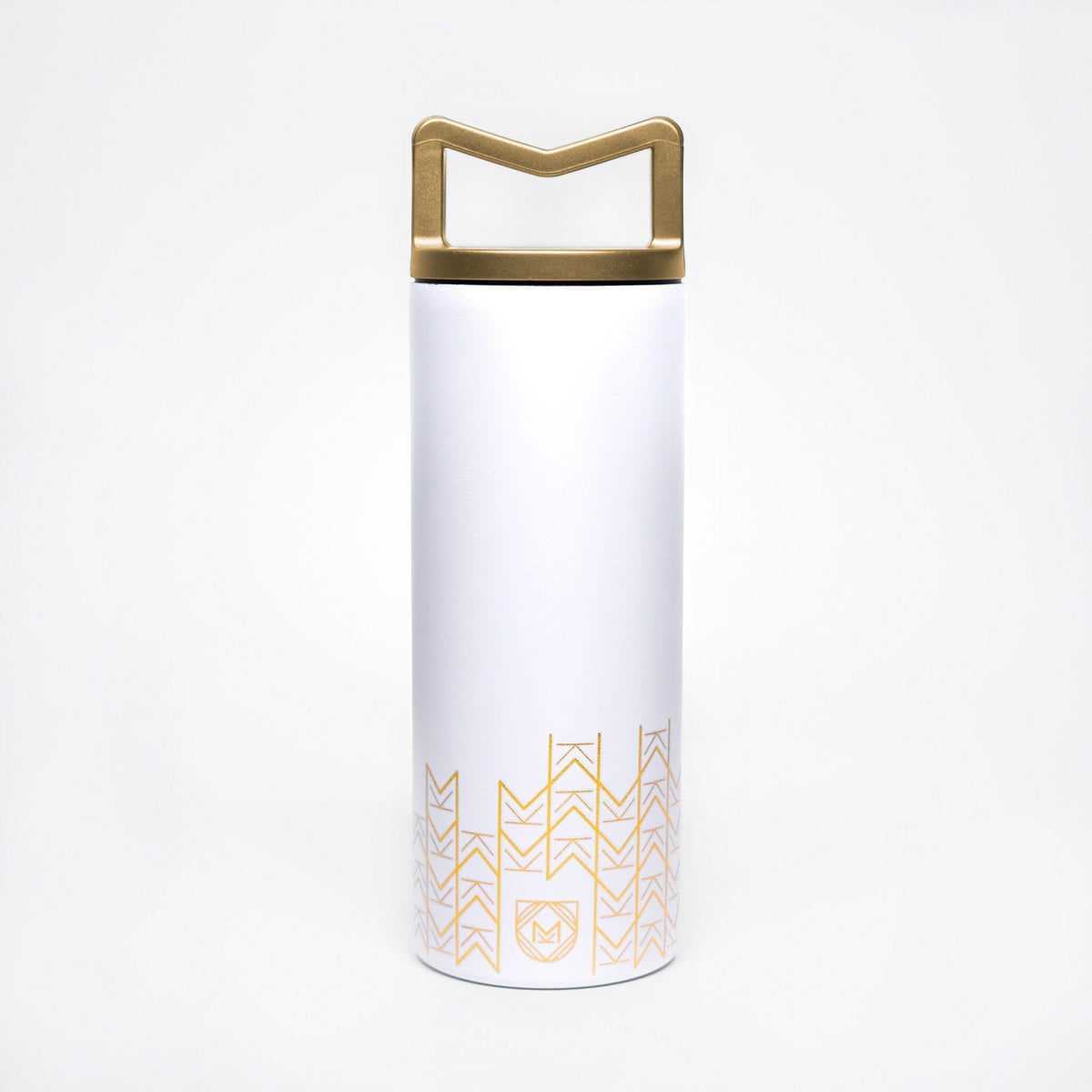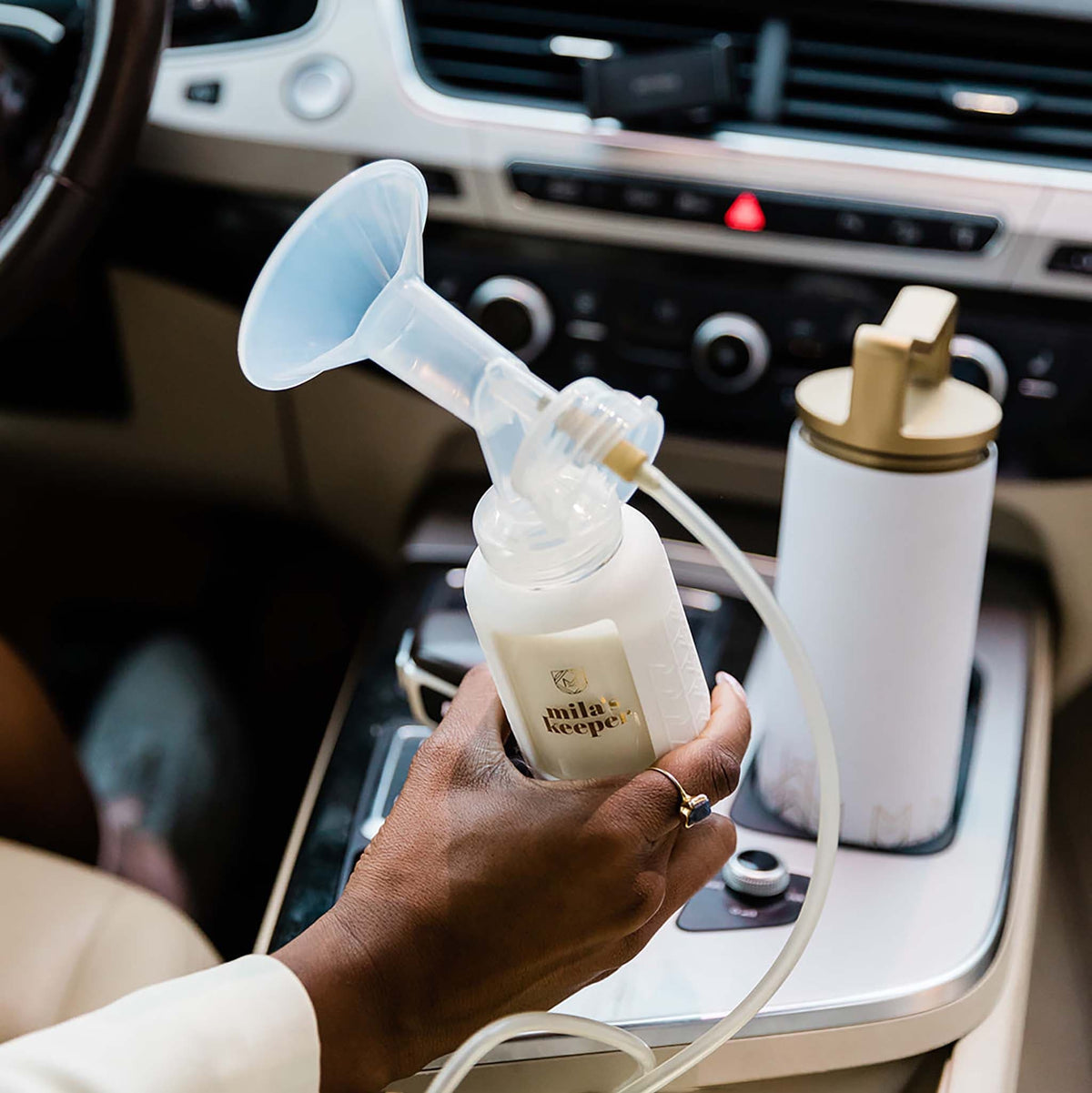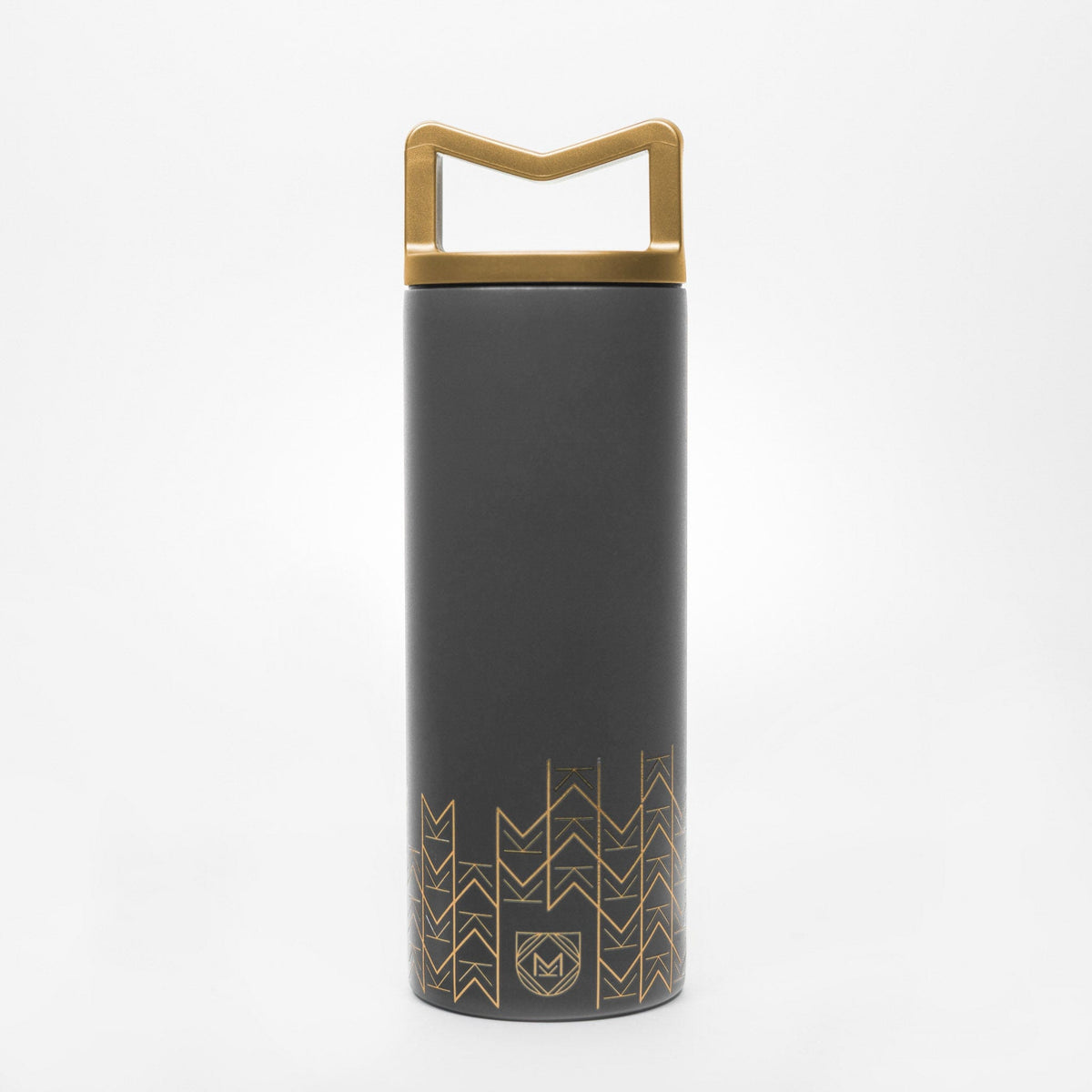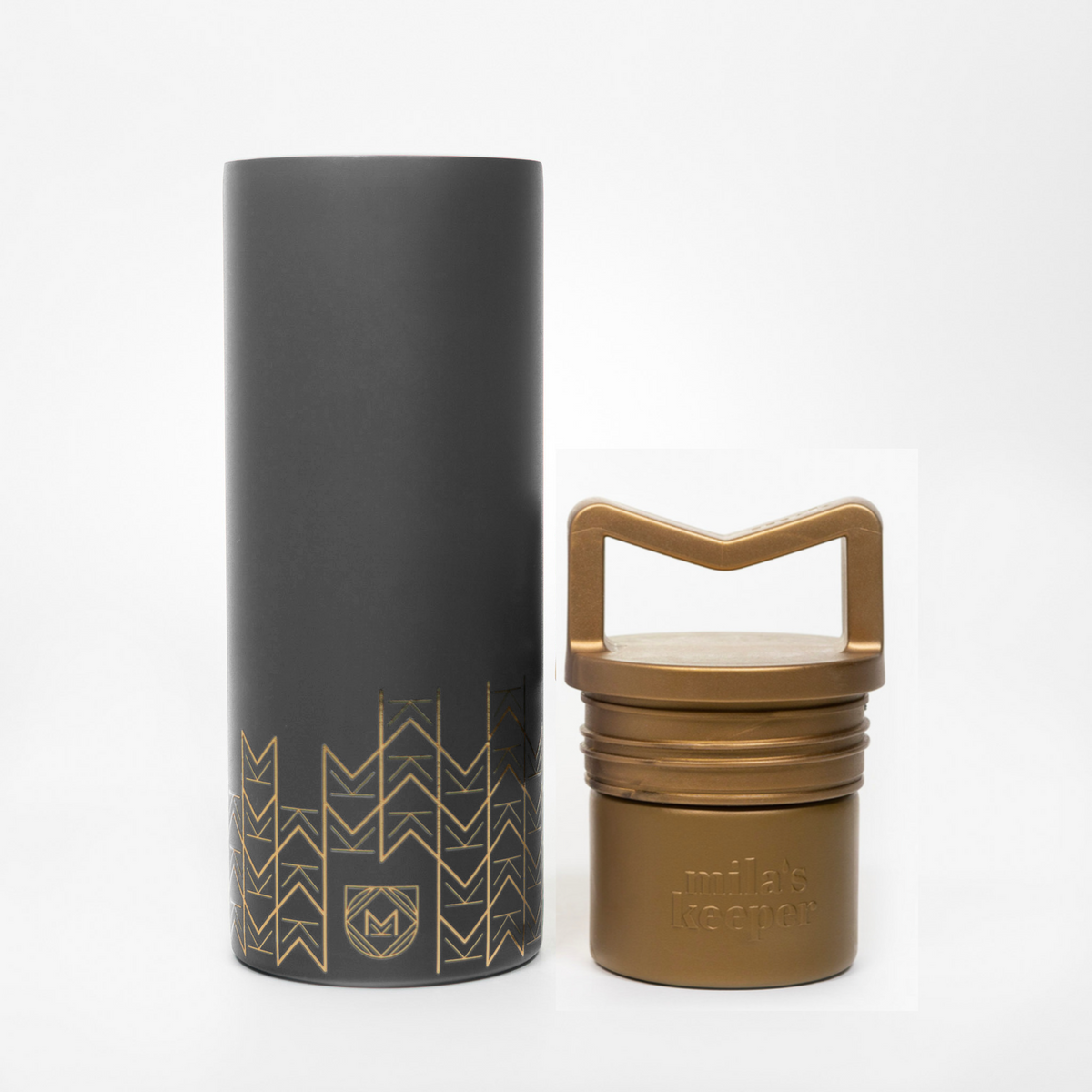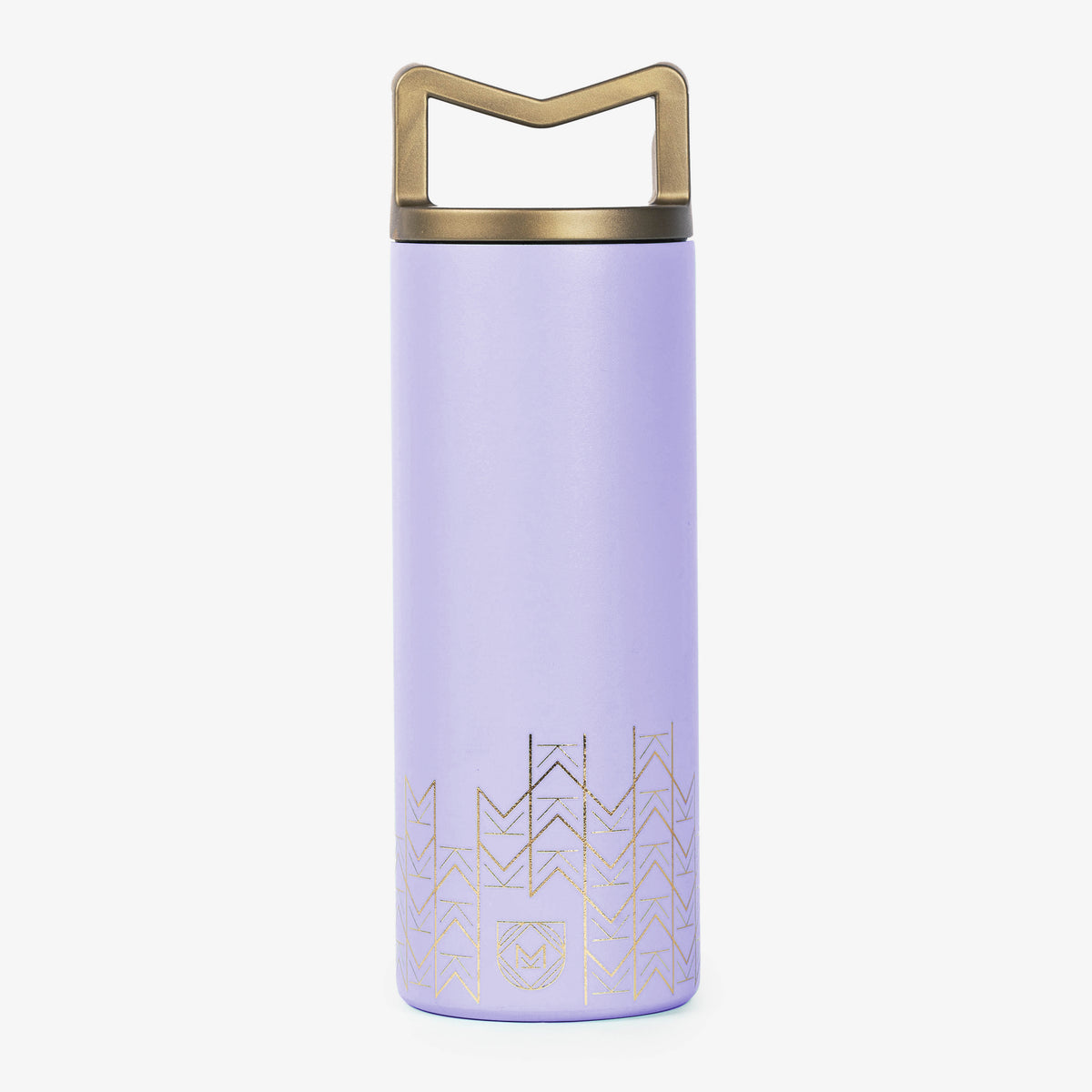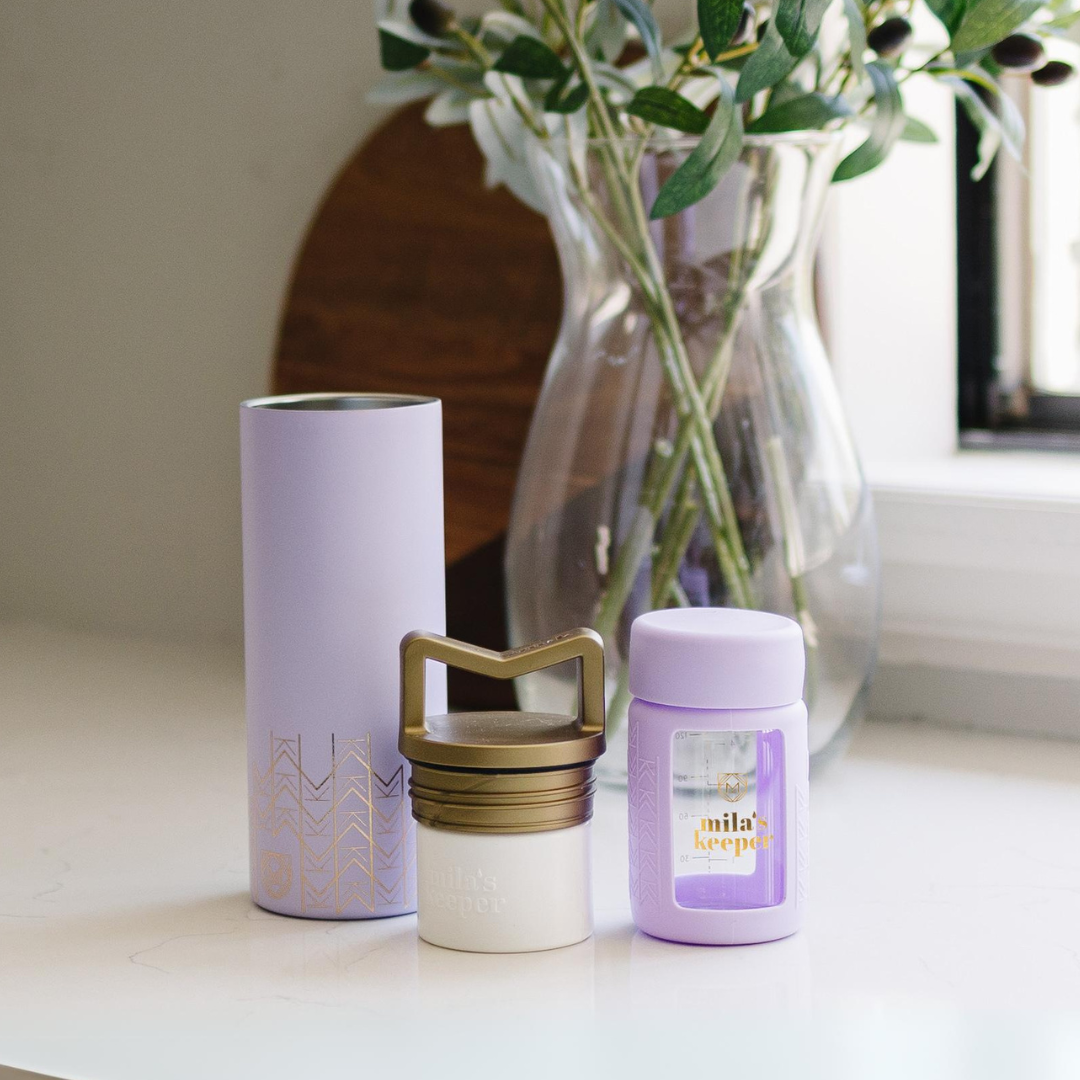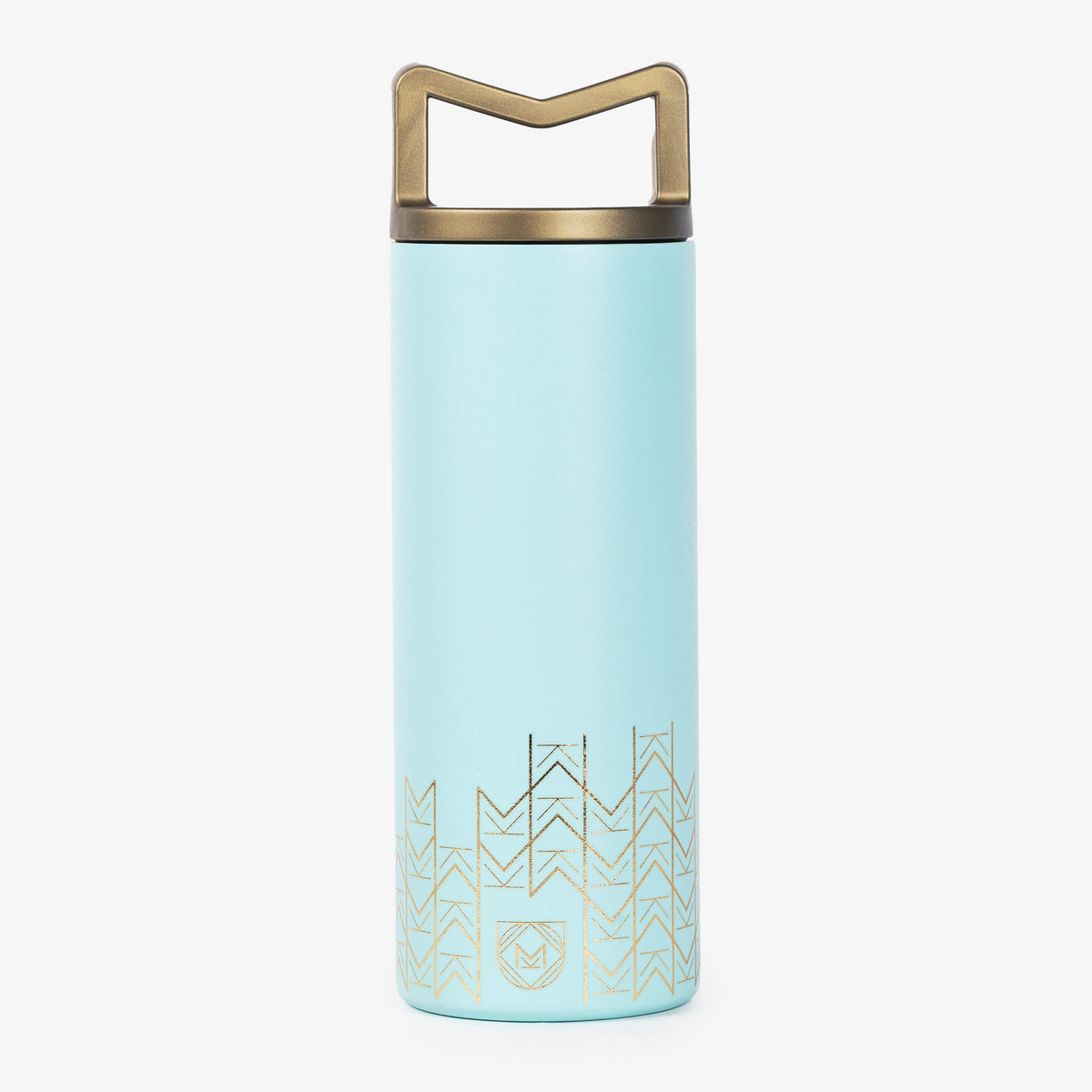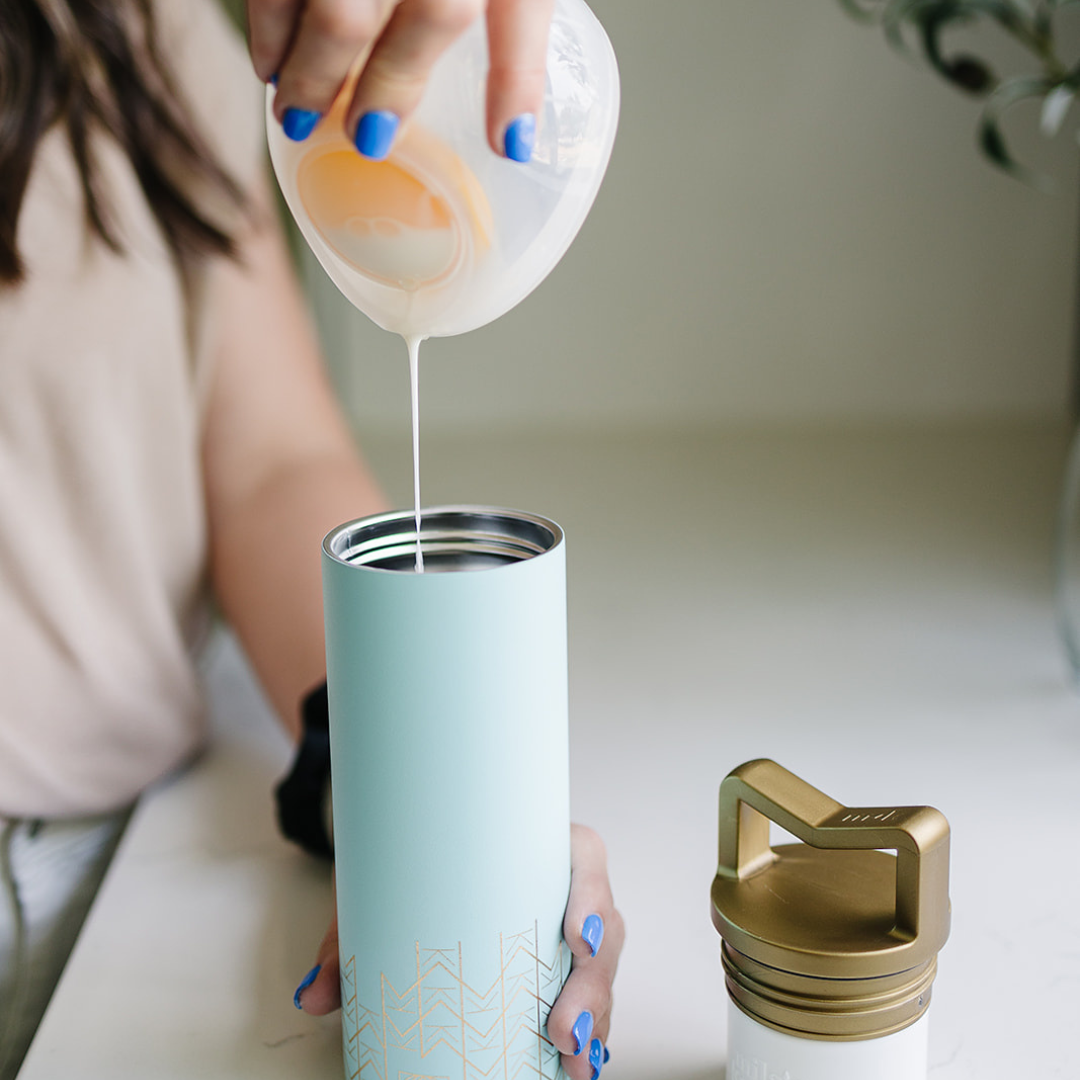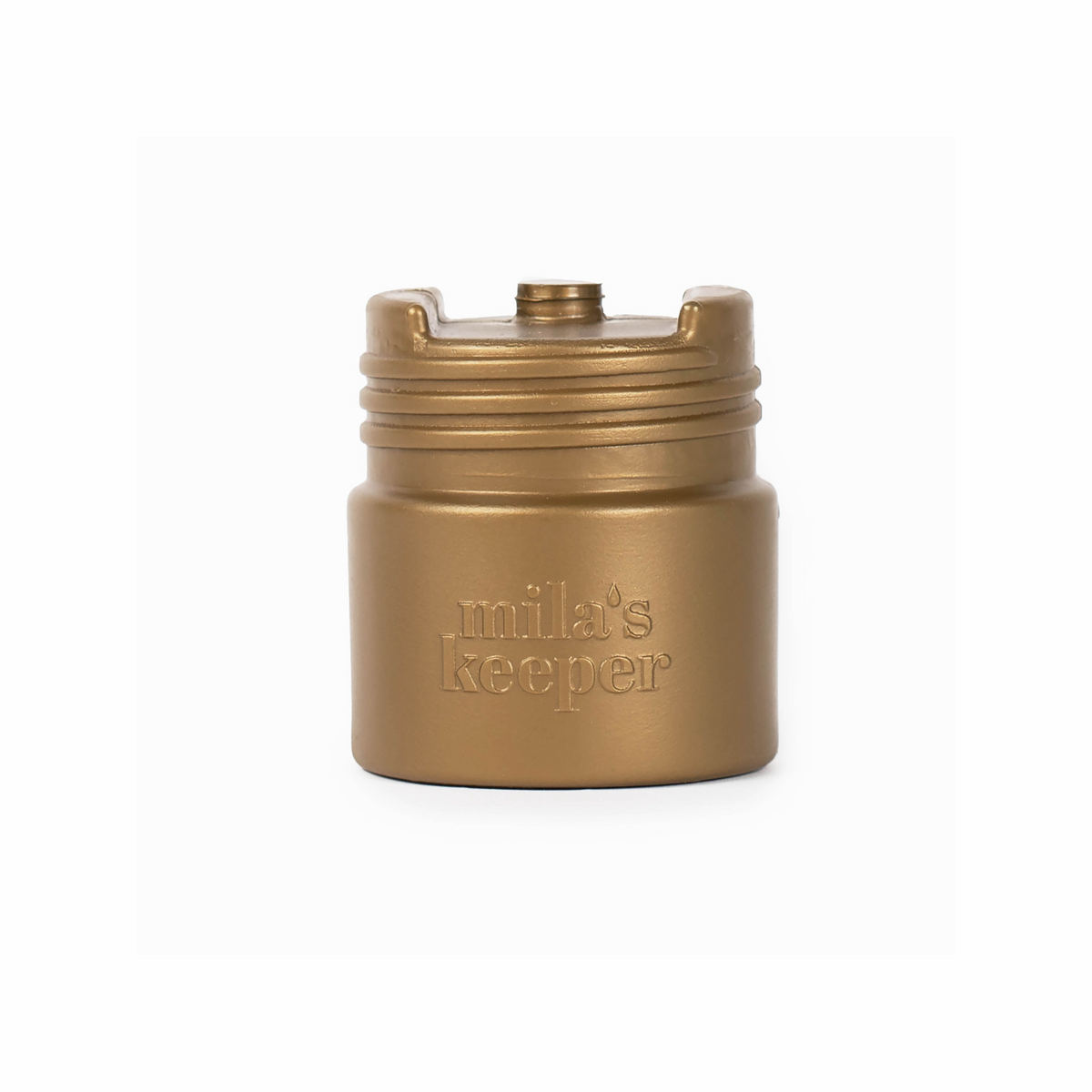Not long ago, the idea of starting a family in your 30s or 40s might have raised a few eyebrows. Today, it’s becoming the norm, and with good reason. Women are waiting to have children for all sorts of reasons—career goals, financial stability, personal growth, or simply the time it takes to feel ready. According to the CDC, birth rates for women aged 35-39 increased by 3%, and for women aged 40-44, they’ve risen by 5%. More women are saying “yes” to motherhood on their own timelines, not society’s.
However, choosing pregnancy at an older age can feel a bit like signing up for a marathon that starts uphill. Sure, you’ve got life experience, emotional resilience, and maybe even a solid savings account. But with those advantages also come new challenges, including concerns about fertility, pregnancy over 35, and navigating postpartum recovery. It’s not always smooth sailing—but it’s a rewarding journey. Let's take a walk through each stage—pregnancy, postpartum, and breastfeeding—and explore how you can thrive every step of the way, especially if you’re pregnant in your 40s.
Pregnancy After 35: What to Expect
Pregnancy after 35, sometimes labeled as "advanced maternal age”, comes with its own rhythm. Maybe you imagined a glowing nine months spent walking through farmers' markets, hands resting blissfully on a growing belly. And while that can still be part of your experience, it’s also true that your body might send you some mixed signals along the way.
Take energy levels, for example. Many women in their 30s or 40s report a little more fatigue—especially in the first trimester—compared to when they were younger.
There’s also the reality of gestational diabetes or preeclampsia to consider, both of which are said to be more common for women over 35. However, one recent study showed that while age alone is a risk factor for gestational diabetes and placenta previa, age alone isn't an independent risk for pre-eclampsia.
Knowing that there are pregnancy risks after 35, you'll want to stay proactive: good prenatal care, regular check-ups, and gentle movement can go a long way toward managing these risks.
Another thing to keep in mind? Fertility might take a bit longer. It’s normal for women over 35 to need more time to conceive. If the waiting game becomes stressful, options like IVF are there to offer hope. And while those treatments can come with emotional ups and downs, many women find they also provide a sense of control in what can feel like an unpredictable process.
Ultimately, pregnancy after 35 is a balancing act. It’s about honoring what your body is telling you while finding joy in the milestones—like the first flutter of movement or the day you realize maternity jeans are way more comfortable than anything you’ve ever worn.

Postpartum Recovery in Your 30s and 40s
For a lot of women, recovery from childbirth can be more difficult than expected. The 12 weeks after birth is more commonly being referred to as the "fourth trimester", and It's an area of medical care that hasn't always been everything new moms need it to be. Most women in the U.S. will only get one postnatal check-up 6-weeks after giving birth, something that most new moms feel isn't adequate.
Postpartum recovery after 40 can feel a little different than for younger moms. Physical healing might take a bit longer, and energy levels may fluctuate more dramatically. This isn’t to say recovery will be difficult—only that giving yourself grace and time is crucial.
Moms in their 30s and 40s often notice that their bodies demand more rest during the postpartum phase. Sleep can feel like a rare luxury when caring for a newborn, but prioritizing naps when possible and accepting help from family or friends can make a huge difference.
Self-care is especially important. A balanced diet, rich in leafy greens, lean proteins, and healthy fats, can help restore your energy. Gentle exercises like short walks can aid in recovery, even if it’s just a stroll around the block with the stroller. And let’s not forget mental health: postpartum depression affects approximately 1 in 7 women, so reaching out for support—whether from a therapist or support group—can be a vital part of recovery.
Older moms bring an added layer of emotional resilience to postpartum challenges, often having learned through life experience how to ask for what they need and take things one day at a time.
Breastfeeding at an Older Age: Common Challenges and Benefits
Some moms breastfeeding after 40 worry whether their milk supply will meet the demand or if they’ll have the energy to keep up with round-the-clock feeding sessions.
Here’s the good news: research shows that age alone doesn’t affect milk production. In fact, according to the CDC, moms over 30 are more likely to breastfeed than younger moms. With the right support—like working with a lactation consultant or joining a breastfeeding group—breastfeeding at an older age can be done just as successfully as breastfeeding at a younger age.
And the benefits? They go beyond nutrition. The oxytocin released during breastfeeding helps moms bond with their babies and promotes relaxation—something that can feel especially valuable when balancing the demands of motherhood with life’s other responsibilities.
More good news? Breastfeeding moms with careers now have more support in the workplace to make it easier to continue to provide breast milk to their babies once they return to work. Working moms should have access to a private space (a lactation room) for pumping, and be given break time to pump as needed. HSA and FSA accounts can help with some of the costs associated with pumping and nursing, making it easier to buy products that make pumping on the go easier, like a cooler for breastmilk storage.
If breastfeeding feels overwhelming, it’s okay to mix things up. Some moms supplement with formula without guilt. At the end of the day, feeding is about connection—whether it happens at the breast or from a bottle.

Health Tips for Older Moms During Pregnancy and Postpartum
Staying healthy during pregnancy and postpartum is all about finding balance. This isn't always easy to do nowadays. Most women have a lot on their plate, and carving out time to focus on health can be challenging.
Diet plays a huge role—aim to include foods that are rich in folate, calcium, and iron, which support fetal development and aid postpartum recovery. Regular movement, like prenatal yoga or swimming, helps alleviate pregnancy discomforts and promotes circulation. Postpartum, even short walks outside can enhance mood and speed up recovery.
Emotional well-being is just as critical. Many older moms find mindfulness practices—like journaling, meditation, or breathing exercises—help them manage stress. Therapy or support groups can also be valuable, offering a safe space to talk through any challenges. And don’t forget sleep: while it’s hard to come by with a newborn, taking naps when possible or rotating night shifts with a partner can help you stay rested.
In the U.S., the threat of maternal mortality is real and unfortunately, on the rise. Although most women 35 and older have healthy pregnancies, the risk of maternal mortality does increase with age. In 2021, the maternal mortality rate in the U.S. was 20.4 deaths per 100,000 live births for women under 25, and 31.3 for women aged 25 to 39. However, for women aged 40 and older, the rate significantly rose to 138.5 per 100,000 births.
Experts suggest that women trying to get pregnant should book an appointment with their obstetrician to go over their medical and genetic history and to go over any recommendations for care. Once a woman knows she's pregnant, she should schedule her first prenatal visit within 12 weeks.
For many women, follow-up care after giving birth is where irregularities and concerns can be discussed with their medical professional. If something feels off or you have concerns before your next appointment, reach out and get help. For many women, they're going to have to advocate for themselves and push for the help they need.
Women should also know what symptoms to be on the lookout for. The CDC has a thorough list of Signs and Symptoms of Urgent Maternal Warning Signs that women should pay attention to.
Support Systems: Building a Village at an Older Age
The saying “It takes a village to raise a child” rings true for moms of all ages, but older moms might find themselves navigating new kinds of support networks. Maybe you’re not part of the typical mommy-and-me group, or your friends have already raised their kids. The good news? There are many ways to build your village.
Online communities geared toward older mothers offer a space to connect and swap advice. Local groups—like those found through libraries or parenting centers—can also provide in-person camaraderie. And don’t forget professional support. Doulas, postpartum therapists, and lactation consultants are there to help, whether you’re struggling with breastfeeding or simply need someone to talk to.

Benefits of Becoming a Mother Later in Life
Being an older mom comes with its own unique perks. Many women find that they approach motherhood with a level of calm and patience they didn’t have in their younger years. Financial stability can also mean less stress about the costs of childcare or education, freeing up energy for what really matters: time with your child.
Older mothers often report feeling more present—able to appreciate the small moments, like morning cuddles or first steps, without getting lost in the chaos. One study even suggests that children of older parents may benefit from higher emotional well-being and social maturity, thanks to the life experience their parents bring.
Conclusion: Embracing Motherhood at Any Age
There’s no perfect age to become a mother—only the perfect time for you. Whether your journey into motherhood starts at 35, 40, or beyond, each step offers unique rewards. With the right care, a supportive network, and a little patience, you can thrive at every stage of pregnancy, postpartum, and breastfeeding.
So embrace the journey, celebrate the milestones, and remember: motherhood isn’t about following a timeline—it’s about finding joy in the experience, no matter when it begins.
Keep Reading related blog: 9 Reasons Why You Should Speak With A Lactation Consultant
--
A female-designed and female-run company, Mila's Keeper is on a mission to empower women to thrive during their breastfeeding journey by offering reusable, eco-friendly breast milk storage solutions for their day-to-day needs. Get the latest tips and info on Mila's Keeper products by following us on Facebook, Twitter, Instagram, Pinterest, and LinkedIn.

